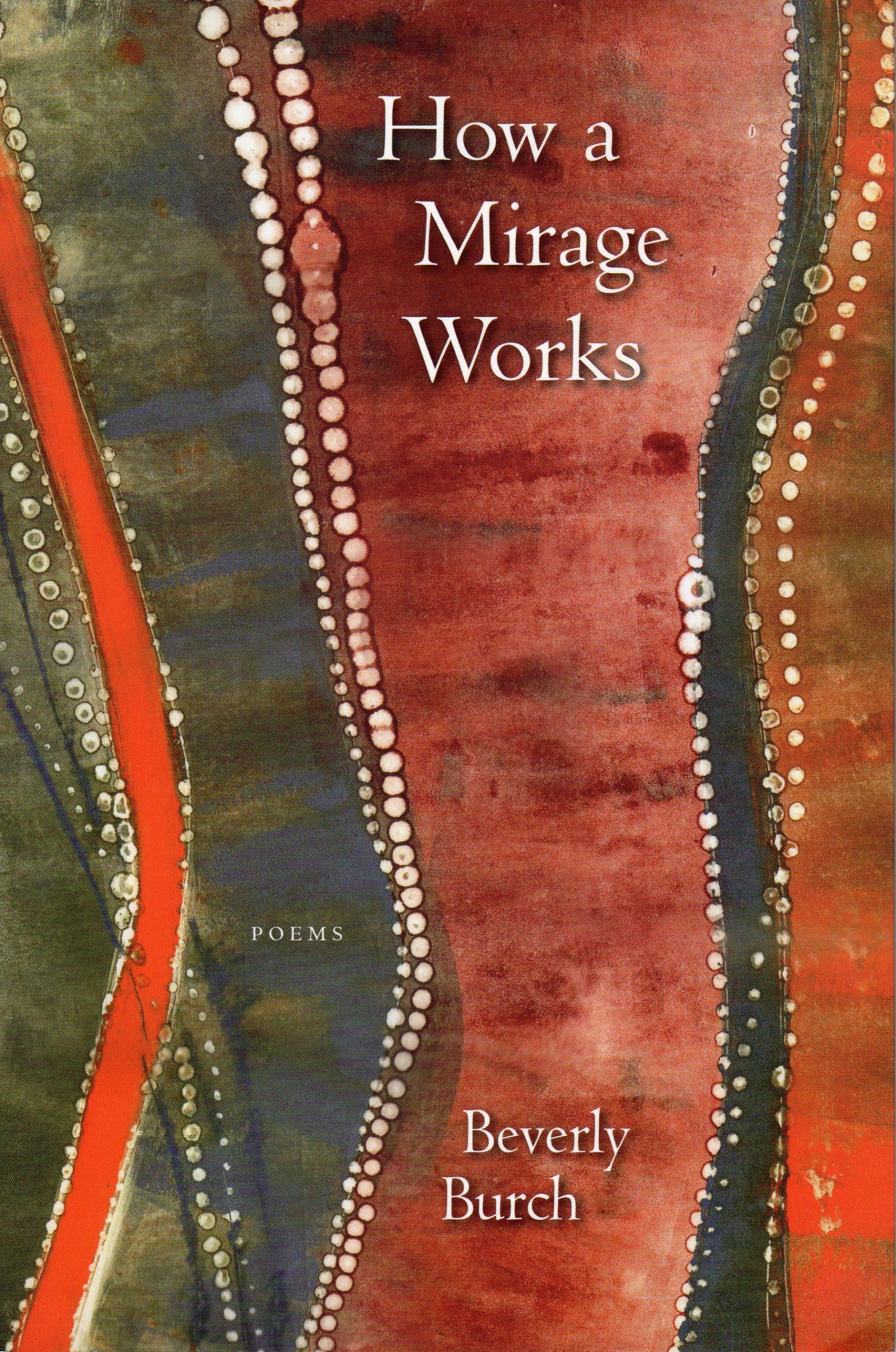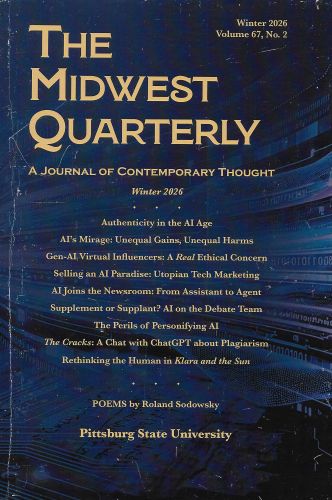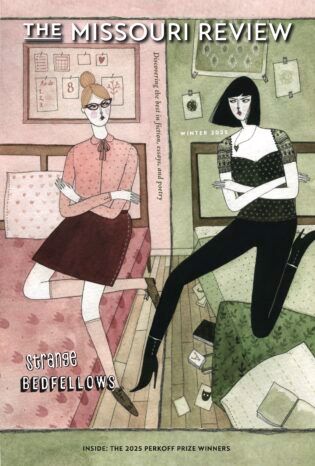Some narrative poetry unfolds with loops of discursive detail, painting moments or scenes with long sighs of description. Not Beverly Burch’s work: these narratives hum with an electric attention to words. Poem after poem in How a Mirage Works centers on the kind of ‘mirages’ familiar to any of us, such as memory or our changing identities in life. Yet even when imbued with melancholy, the pace and language of these poems create worlds that crackle with a surprising suspense.
The book is organized into four sections that hint at allusive threads arcing under the themes and imagery: ”Cardiac Events,” “Little Dream,” “Dumb Trust,” and “Ex-Communications.” Sprinkled throughout are nine poems with two-part titles that are like poems of their own: “[Final Exam] Give a brief history of rejection—,” “[Final Exam] Decode the mystery of decay—,” “[Final Exam] How does a woman become a diva?” The first few lines of “[Final Exam] Explain the phrase cut to the chase—” show Burch’s skill at direct, lyrical detail and quick metaphors:
Notice the tongue looks like a knife.
It makes a clever move, something gets sliced—
loaf of bread, thin skin of a plum, someone’s
soft marrow. A gifted cleaver with a ruinous mark.
Then, the remorse. . . .
The biographical note on the book’s flap mentions how the author has a psychotherapy practice in California, and I can see how the work of listening and untangling stories of human lives influences Burch’s poetry. The “Final Exam” poems ostensibly examine language and the meanings of words or phrases, but they also engage with challenges no teacher could grade, such as how meaning is created by context. The haunting “[Final Exam] Describe how a mirage works—” follows a woman who has arrived in “a small town in the South” and now “walks down / the sidewalk, slow as a damp fuse.” Details accrue weight with every line, from the clothes she wears to how “She might be looking to steal your man” and
[ . . . ] on every porch
someone watches. She keeps coming, gets nowhere.
If you live in the town, she isn’t really there.
If you’re the woman, the town isn’t really there.
A double-mirage! Those last two lines switch so deftly between two different experiences of erasure, giving the reader multiple ways to ‘test’ how real the poem’s observations feel.
Throughout How a Mirage Works, the voice of the poems is direct and straightforward while leaning into moments where dreams, memory, and that which we do not control hover near. One of my favorites that does this, a poem titled “Sight Blindness,” begins with a compact assessment of a relationship in trouble and how it works on the narrator’s mind:
What I couldn’t love in me
turned up in her. How could I stay?Then I dreamed white hounds
carried her off. I woke in an arctic sweat,
fell back to sleep to save her. . . .
The enjambment in the second and fourth lines helped create the pace and feeling of a woman caught. Visually, although the line lengths vary, the poem has a structure like an inverted sonnet with its beginning couplet and three four-line stanzas. This play with traditional form is joined with imagery that nods at the Romantic poets—that threat of ‘hounds’—but, unlike the standard imagery of those days, the impulse for chivalry here is between two women. The poem turns from an anxious dream to an understanding in the light of day when “we” returned to a meadow and:
There I swear by the swoop of birds,
streak of the bluebottle fly,I felt light-headed again.
I saw green, swaths of green,
sky hanging blue—
and poppies, a dazzle of orange.
This break-away into color, into letting color represent the nameless range of their relationship, took me by surprise as I read it and left me feeling like I was on the edge of my seat.
This second book of poems from Beverly Burch is full of moments where attentive writing brings an emotional acuity to the page. Words are not wasted in How a Mirage Works. Though novels rather than poetry are thought of as the page-turners of the literary world, as I read these poems, I just wanted to keep going, slowly flipping the page to see what would come next.





